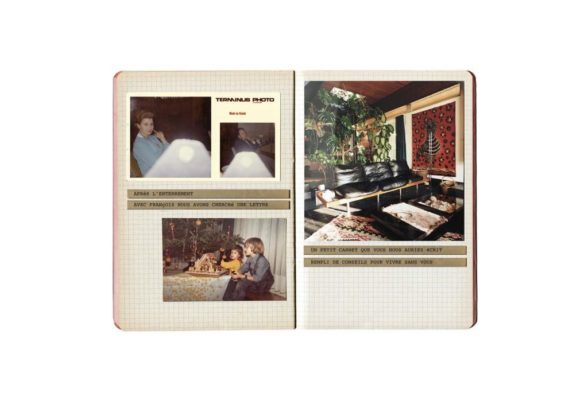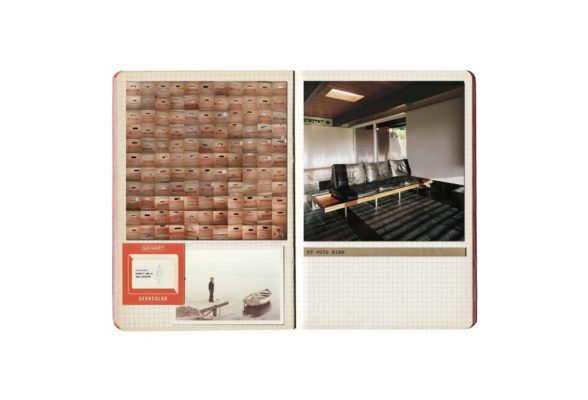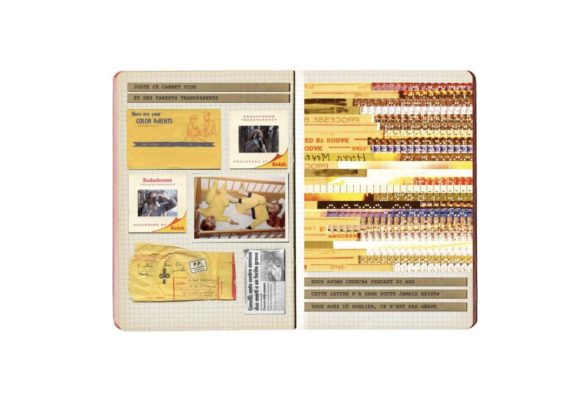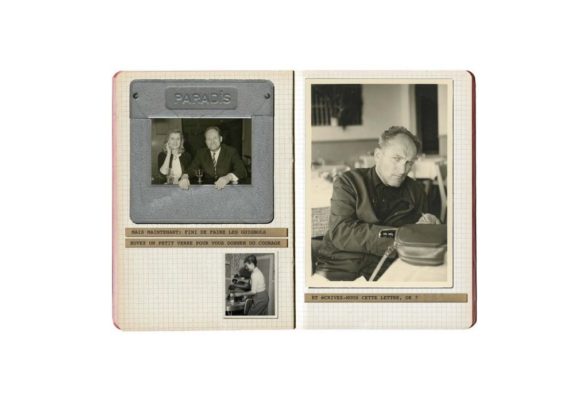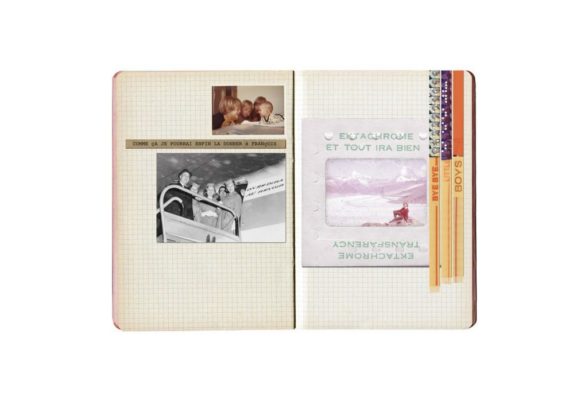Claude Baechtold
After graduating in visual communication at the ECAL (Ecole cantonale d’art de Lausanne), Claude Baechtold developed his work in Iran, compulsively photographing Iran’s national car, which he presented in the form of road maps and wallpaper.
With his collective Riverboom, founded in Afghanistan with war reporters Serge Michel and Paolo Woods, he redefined minor photographic genres, giving us adventure photo-novellas, accelerated slide shows transformed into psychedelic animated films, travel guides randomly cataloguing Iraqi moustaches, Soviet tanks and Inuit kayaks, and games of Match-Up depicting visual duels between Switzerland and the rest of the world. This inventive approach put him on the map as an upholder of the latest “new reporting” and won him the Swiss Federal Prize for Applied Arts in 2002 and the Grand Prix Images 2006.
In 2012 he shot his first fiction movie in Nollywood, Nigeria and founded the collective Cowboy Noir – Cinéma et Aventure with Augustin Rebetez, Dimitri Procofieff, Nicolas Lieber and Noé Cauderay. He currently works as a fiction scriptwriter and director in Paris.
Project
Tout ira bien
Seeking comfort after their parents’ death, Claude Baechtold and his brother search the family home from top to bottom – but they find nothing; no farewell note, not a shred of advice about facing life without them. Claude Baechtold looked in vain in their belongings for a letter they would have left him. It would have started with: Everything will be ok.
“Twenty years ago, my parents died.
After the funeral, terrified by the idea of life without them, my brother and I found ourselves in the family home.
It was then that we had the crazy idea that they had left us instructions, hidden somewhere so that we’d find them after their death.
And so we shut ourselves in the house and the treasure hunt began: dismantling each piece of furniture, lifting every rug, sifting through every drawer, leafing through each journal and every book, deciphering every note, listening to every cassette, watching every movie, examining every picture, scrutinizing every negative under a microscope..
After a month of archeological research, cut off from the outside world, we had archived everything in 300 crates, but nothing. Not the slightest farewell note, no hint of advice for the future.
My brother turned to me and said, “Everything will be okay”.
This book is the instruction manual that we never found.”


